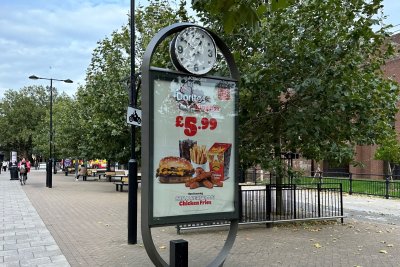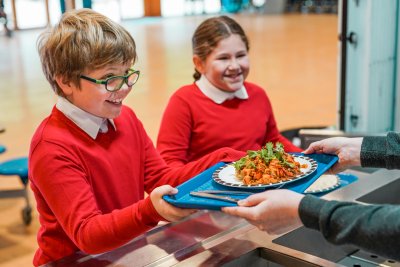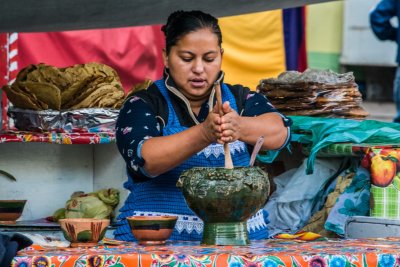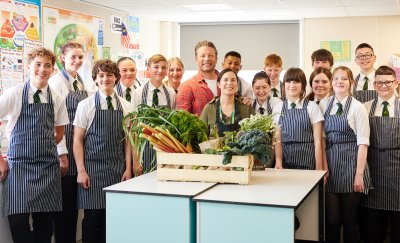 Photo credit: Agung Pandit Wiguna, Pexels
Photo credit: Agung Pandit Wiguna, Pexels
In a letter coordinated by the Right to Food project at Sustain, food, poverty and refugee charities have urged the Education Secretary to help children from families with no recourse to public funds by improving free school meal entitlement, to help them access the food they need during Covid-19.
A person with no Recourse to Public Funds (NRPF) cannot access most welfare benefits or social housing but they can access publicly funded services that are not listed as ‘public funds’ for immigration purposes. Without the safety net of social security, many families with NRPF end up living in destitution and are at high risk of homelessness, exploitation and abuse. Research has found that women, disabled people, pregnant women, and black and minority ethnic children are disproportionately impacted by the NRPF condition.
Some children may have a different immigration status to their parents, however if their parents have NRPF this can restrict the support that they are entitled to receive including child benefit and free school meals past the three year universal entitlement period.
At the beginning of April 2020, the Department of Education confirmed, in its lawyers’ response to a judicial review pre-action letter, that free school meal provision would be extended to some families with no recourse to public funds. However, charities remain concerned that many families and children are still falling through the safety net.
The letter to Education Secretary Gavin Williamson highlights three key issues:
- The maximum income threshold is set at £7,400 or £616 per month and this is far too low. This amount is far below any minimum income that a household would be able to live on, and only those who are the most destitute will be eligible, leaving many thousands of children who are living in poverty ineligible despite being in need.
- Extension of support needs to be extended to all children in need with NRPF and not just the four categories currently included.
- The extension of free school meal support must not be withdrawn if the need is still there.
The letter is co-signed by Sustain, the Food Foundation, School Food Matters, Hackney Migrant Centre, Just Fair, Project 17 as well as Rebecca O'Connell, Abigail Knight, Julia Brannen from the Thomas Coram Research Unit at University College London (UCL).
Eve Dickson of Project 17, which works to end destitution among migrant children, said:
"The temporary extension of free school meals support to some families with no recourse to public funds (NRPF) is totally inadequate. These families were experiencing destitution before Covid-19 and they need to be able to access free school meals beyond the pandemic. In addition, thousands of families with NRPF who are experiencing high levels of food insecurity are still excluded from accessing this temporary provision due to stringent eligibility criteria."
Nadia Chalabi, from Hackney Migrant Centre, said:
"The extension to eligibility has meant that free school meals can reach families living in poverty that should have never been excluded in the first place. The extension must become permanent and it needs to go further. The income threshold to qualify for free school meals is set at less than half the amount for the newly eligible migrant families than it is for everyone else - this threshold of £616 a month is not enough for a single person to live on, let alone a family. Many of the undocumented families that we work with are skipping meals, living in overcrowded conditions and/or are facing eviction, and yet their children continue to be excluded from free school meals. The free school meals eligibility criteria brings discrimination into schools. It implies that the welfare of some children is less important because of where they or their parents were born."
Imogen Richmond-Bishop, Sustain's Right to Food coordinator, said:
"NRPF is clearly a violation of socio-economic rights on so many levels, but few are as visible as denying access to food to children in need. It is clear that Covid-19 alone has not caused household food insecurity for many people with No Recourse to Public Funds, however what is clear is that Covid-19 has exacerbated food insecurity for households who were already vulnerable. It is high time that the NRPF restriction is removed so that no one regardless of their immigration status is unable to access welfare support."
To find out more:
Hackney Migrant Centre: Children with No Recourse to Public Funds The need for free school meals
Project 17 have created an information sheet and template letter for families around the temporary changes to free school meals for those with no recourse to public funds
Sustain, Project 17, CAWR: "Sometimes my belly will just hurt" No Recourse to Public Funds and the Right to Food
Sustain and Project 17: Briefing paper: Free school meals and immigration policy
Coronavirus Food Alert: Sustain's work on food resilience in the COVID-19 coronavirus pandemic.We are helping secure food for vulnerable people and supporting local emergency responses.
Sustain
The Green House
244-254 Cambridge Heath Road
London E2 9DA
020 3559 6777
sustain@sustainweb.org
Sustain advocates food and agriculture policies and practices that enhance the health and welfare of people and animals, improve the working and living environment, promote equity and enrich society and culture.
© Sustain 2024
Registered charity (no. 1018643)
Data privacy & cookies







